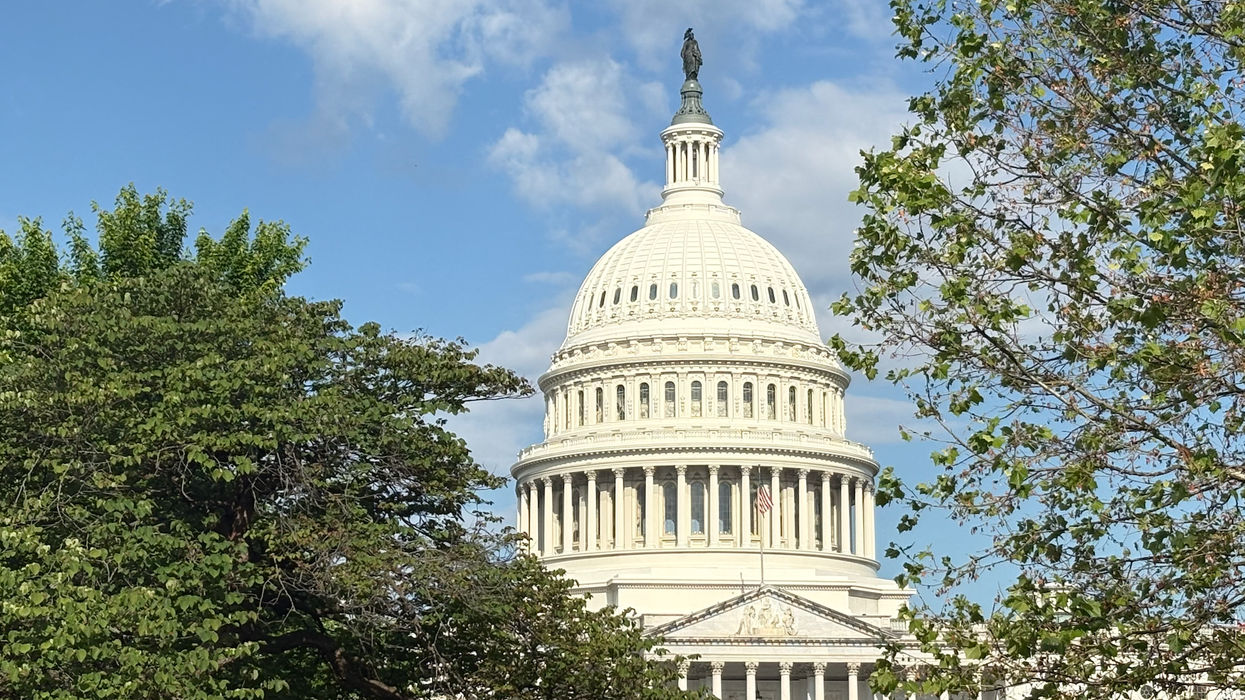WASHINGTON—On Thursday, senators from the Senate Committee on Commerce, Science, and Transportation discussed the need to accelerate U.S. artificial intelligence innovation to maintain global leadership in AI development.
“The United States leads today, but what I would like to say is, it is a race. Leadership is absolutely not guaranteed.” Dr. Lisa Su, CEO and Chair of Advanced Micro Devices, said.
According to the 2024 Stanford AI Index, the United States currently ranks first in quantity and quality of AI models, but China has been closing the quality gap.
At a hearing Thursday, titled “Winning the AI Race: Strengthening U.S. capabilities in Computing and Innovation,” members of Congress and witnesses discussed the importance of American investment in AI development globally to preserve U.S. dominance.
“This future can be almost unimaginably bright, but only if we take concrete steps to ensure that an American-led version of AI, built on democratic values like freedom and transparency,
prevails over an authoritarian one,” Sam Altman, CEO and co-founder of OpenAI, said in his testimony.
OpenAI is a leading American artificial intelligence company and the developer of ChatGPT, a free online chatbot. OpenAI launched OpenAI for Countries on Wednesday to help grow global AI adoption using OpenAI’s tech as the foundation.
Chinese AI firm DeepSeek shook the tech world when it launched its new AI model in January. It claimed that its AI model performs as well as OpenAI while using less energy and less advanced hardware.
“The number one factor that will define whether the United States or China wins this race is whose technology is most broadly adopted in the rest of the world,” said Brad Smith, Vice Chair and President of Microsoft Corporation. He argued that whoever creates a global network of trust in and access to their technology first will most likely win the AI race.
Washington Sen. Maria Cantwell, the top Democrat on the committee, suggested creating a “tech NATO” where the five democracies with the most sophisticated technology set rules and advisories on the technology supply chain and implementation. She emphasized the importance of creating international alliances in the technology sector.
While Democrats on the committee stressed the importance of protecting users and their intellectual property from AI through regulation, Sen. Ted Cruz, R-Texas, chairman of the committee, criticized strong regulation of AI.
Cruz said he would create a new bill “that creates a regulatory sandbox for AI modeled on the approach taken by Congress and President Clinton at the dawn of the internet.”
The Telecommunications Act of 1996, signed into law by Clinton, intended to promote competition and deregulate the tech industry.
“To lead in AI, the United States can not allow regulation, even the supposedly benign kind, to choke innovation or adoption,” Cruz said.
Several committee members emphasized the importance of the U.S. winning the AI race so that American values remain in high regard globally.
“We’re trying to win a race so that American values prevail internationally,” Sen. Brian Schatz, D-Hawaii, said.
Erin Drumm is a reporter for the Medill News Service covering politics. She graduated from the University of Notre Dame in 2024 with a BA in American Studies and is now a graduate student at Northwestern University’s Medill School of Journalism specializing in politics, policy and foreign affairs.




















Trump & Hegseth gave Mark Kelly a huge 2028 gift